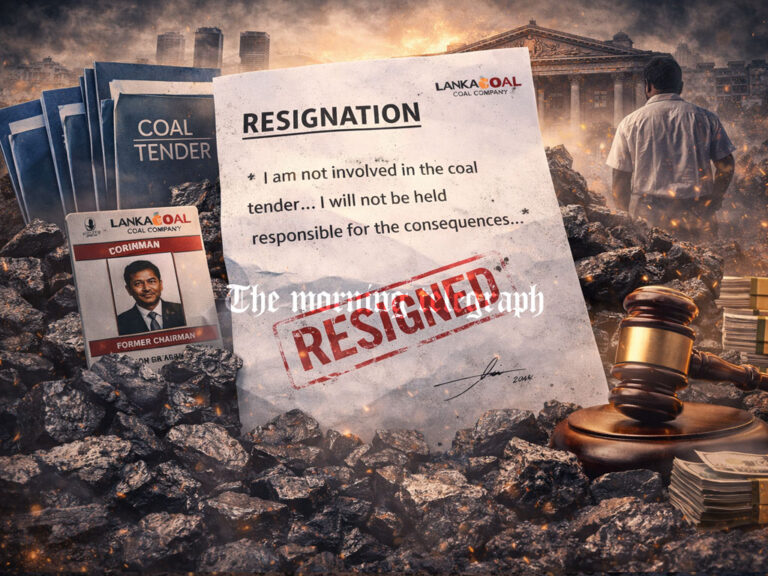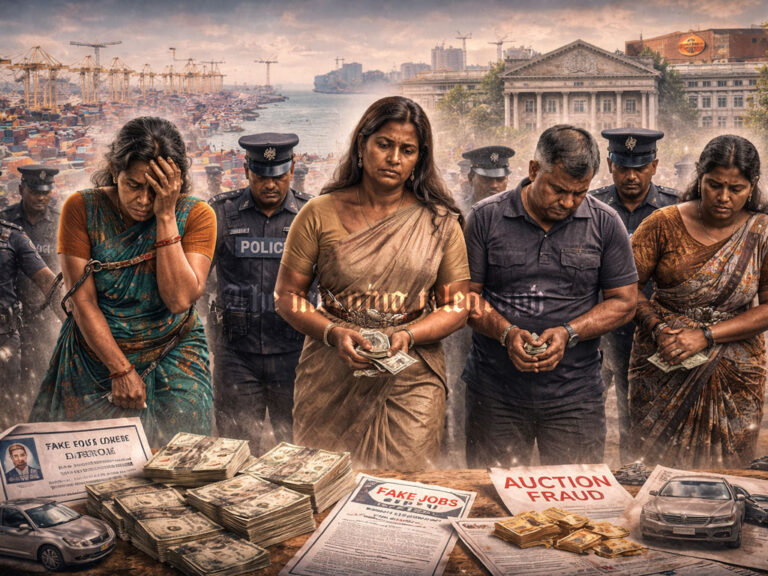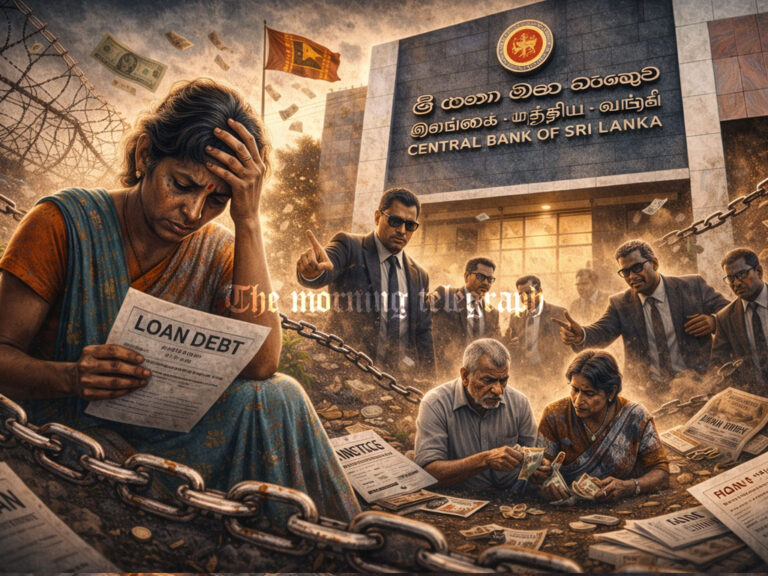
By Marlon Dale Ferreira
Sri Lanka’s recent presidential election, which saw Anura Kumara Dissanayake rise to power, has been marked by intense public dissatisfaction, driven largely by the country’s ongoing economic turmoil and political mismanagement. As citizens grapple with crippling inflation, debt, and corruption, many analysts suggest that Dissanayake’s victory is a direct result of voter frustration a rejection of traditional political elites who have ruled the island nation for decades.
Dissanayake, the leader of the National People’s Power (NPP) party, has long been a critic of the establishment, positioning himself as a champion of the people. His campaign promises of reforms, transparency, and economic revival struck a chord with an electorate desperate for change. However, as Dissanayake takes office, questions loom over whether his presidency will truly represent the aspirations of the voters, or if he may become a proxy for more entrenched political and economic forces.
A Vote Born from Disillusionment
The election of Dissanayake is widely seen as a reflection of deep-seated anger among Sri Lankans. The past several years have been marked by an economic crisis that has led to widespread shortages of essential goods, a dramatic depreciation of the currency, and a mounting debt burden. For many, the ruling political dynasties, including the Rajapaksas and their allies, are to blame for mismanaging the country’s resources and plunging it into financial disarray.
Dissanayake’s victory is therefore seen as a rejection of the status quo. His platform called for an overhaul of Sri Lanka’s political and economic systems, with a focus on reducing corruption, ensuring accountability, and addressing the needs of ordinary citizens.
Many younger voters saw Anura Kumara Dissanayake as a beacon of change, drawing widespread support due to his strong stance against corruption and entrenched political practices. “We voted because we wanted change,” said a voter in Colombo, expressing a sentiment shared by many. This election marked a significant turning point in Sri Lanka’s political landscape, as for the first time in 76 years since independence, the two dominant political parties and their offshoots were voted out of the top position. Additionally, the election saw the end of political dynasties holding the presidency, a feat symbolically tied to the peaceful protests at Galle Face in 2022, which have now been channeled into electoral change. Voters’ desire for transformation culminated in electing Anura Kumara Dissanayake as Sri Lanka’s new president, signifying a rejection of the old political order.
The Influence of External Powers
However, despite the hope for change, there are growing concerns that Dissanayake may struggle to maintain his independence once in office. Sri Lanka’s deep financial ties with powerful nations and international institutions such as China, India, and the International Monetary Fund (IMF) have made the country increasingly vulnerable to external influence.
Sri Lanka’s relationship with China, in particular, has been a focal point of political discourse. Beijing has invested heavily in the island’s infrastructure, including the controversial Hambantota Port, which was leased to China after Sri Lanka struggled to repay loans. Many fear that Dissanayake, despite his anti-corruption stance, may be pressured into maintaining close ties with China due to the country’s economic reliance on foreign investment.
Moreover, the IMF’s bailout package, which aims to stabilize Sri Lanka’s economy, comes with stringent conditions, including austerity measures and economic reforms that may not sit well with Dissanayake’s voter base. Critics argue that these conditions could limit the new president’s ability to implement the sweeping changes he promised during his campaign.
Internal Political Struggles
Dissanayake also faces potential challenges from within Sri Lanka’s political landscape. His rise to power has unsettled many established political figures who may seek to undermine his presidency. The old guard, which includes the remnants of the Rajapaksa dynasty and their supporters, still wields significant influence in both parliament and key government institutions.
Some analysts warn that Dissanayake’s administration could be forced into political compromises that dilute his reformist agenda. There are concerns that he could become a “proxy” for powerful interests that continue to operate behind the scenes, limiting his ability to enact meaningful change.
Can Dissanayake Deliver?
As Sri Lanka stands at a crossroads, much of the country’s future hinges on Dissanayake’s ability to navigate these complex political and economic realities. His supporters hope that he will remain true to his campaign promises and resist pressures from external powers and internal political factions. However, the scale of the challenges facing his administration is immense.
The question remains whether Dissanayake’s presidency will mark a genuine shift toward greater accountability and transparency or if his administration will be constrained by the very forces he sought to challenge.
For now, Sri Lankans can only watch and hope that the man they voted for in anger can rise above the pressures of being in power and chart a new course for the nation’s future.




